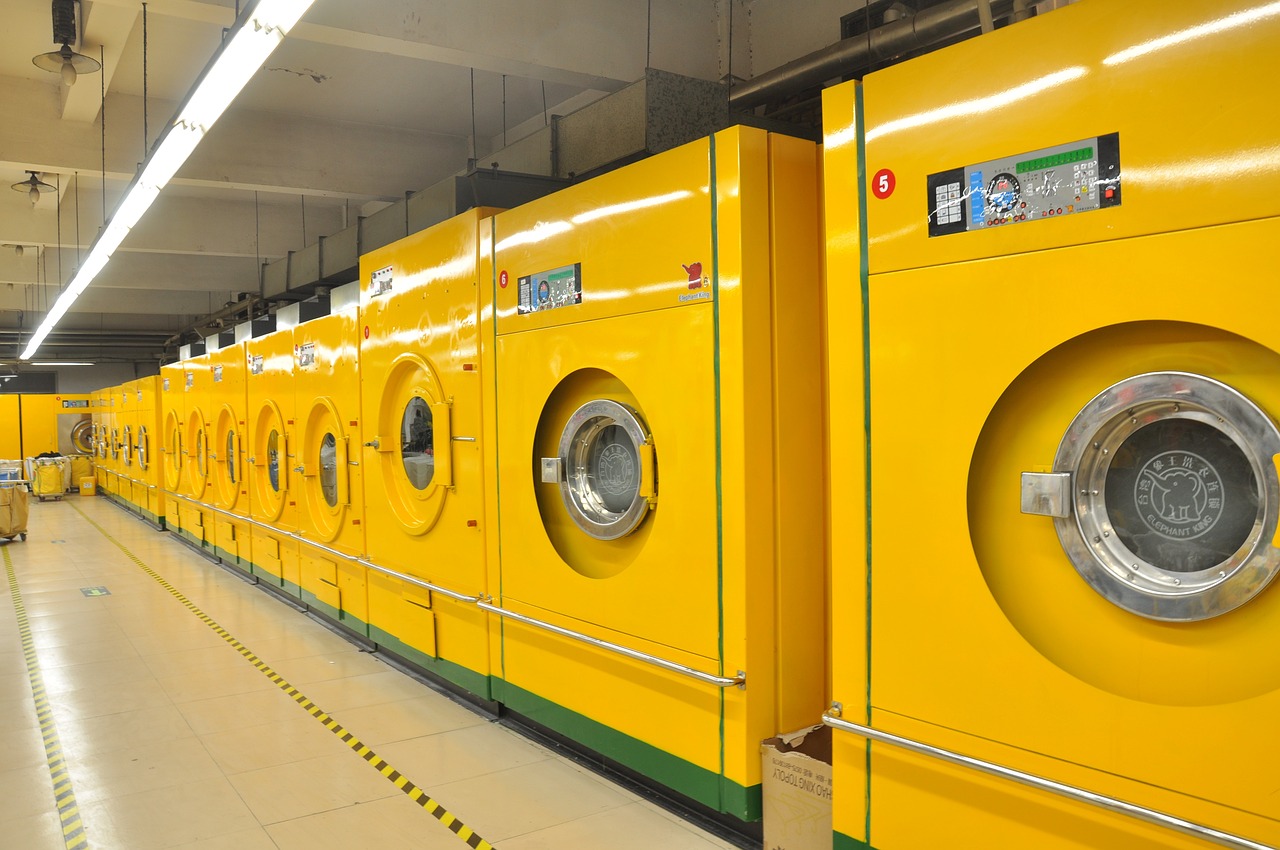The Psychology of Impulse Buying in Online Shopping: How to Resist Temptation and Make Thoughtful Purchases
Splurging, or the impulse to make extravagant purchases, is a phenomenon that many individuals experience at some point in their lives. This urge is often driven by a desire for instant gratification and the thrill of acquiring something new and exciting. Whether it’s a flashy pair of shoes or the latest tech gadget, the urge to splurge can be potent and difficult to resist.
The urge to splurge can also be linked to various psychological factors, such as the need to boost self-esteem or escape from negative emotions. When faced with stress or boredom, some individuals may turn to shopping as a way to seek temporary relief or distraction. Understanding the underlying motivations behind the urge to splurge is crucial in developing healthier spending habits and avoiding financial pitfalls in the long run.
• The urge to splurge is often driven by a desire for instant gratification and excitement
• Psychological factors such as the need to boost self-esteem or escape negative emotions can also contribute to the urge to splurge
• Shopping may be used as a temporary relief or distraction from stress or boredom
• Understanding the underlying motivations behind splurging is important for developing healthier spending habits and avoiding financial pitfalls
Recognizing Triggers for Impulse Buying
Impulse buying can often be triggered by various factors that lead individuals to make spontaneous purchasing decisions. One common trigger is the influence of advertisements and promotions, which can create a sense of urgency and FOMO (fear of missing out) among consumers. The temptation to take advantage of limited-time offers or exclusive deals can override rational decision-making processes, resulting in impulsive buying behavior.
Another trigger for impulse buying is the emotional state of the individual. Feelings of stress, boredom, or happiness can prompt people to seek comfort or reward through shopping. In these moments, shopping may serve as a form of coping mechanism or a way to enhance positive emotions. It is crucial to recognize these emotional triggers and develop strategies to address them in order to avoid succumbing to impulsive purchases.
The Role of Emotions in Online Shopping
Online shopping has revolutionized the way we make purchases, offering convenience and accessibility at our fingertips. However, the emotional aspect of online shopping plays a significant role in influencing our buying decisions. Emotions such as excitement, happiness, and even stress can impact the choices we make when browsing through online stores.
When shopping online, the lack of physical interaction with products can heighten our emotional responses. Seeing visually appealing images, reading positive reviews, or encountering limited-time offers can trigger feelings of urgency and desire. This emotional reaction can lead to impulsive buying behavior, where rational decision-making takes a back seat to our immediate feelings and desires.
How do emotions play a role in online shopping?
Emotions play a significant role in online shopping as they can influence our decision-making process and drive us to make impulse purchases.
What is the urge to splurge and how does it relate to online shopping?
The urge to splurge is the strong desire to spend money on something, often impulsively. In online shopping, this urge can be triggered by emotions like excitement or happiness.
What are some common triggers for impulse buying in online shopping?
Common triggers for impulse buying in online shopping include limited time offers, flash sales, personalized recommendations, and the fear of missing out on a good deal.
How can recognizing triggers for impulse buying help in controlling online shopping behavior?
By recognizing triggers for impulse buying, individuals can become more aware of their emotions and make more conscious decisions when shopping online. This can help in controlling impulsive buying behavior and avoiding unnecessary purchases.







